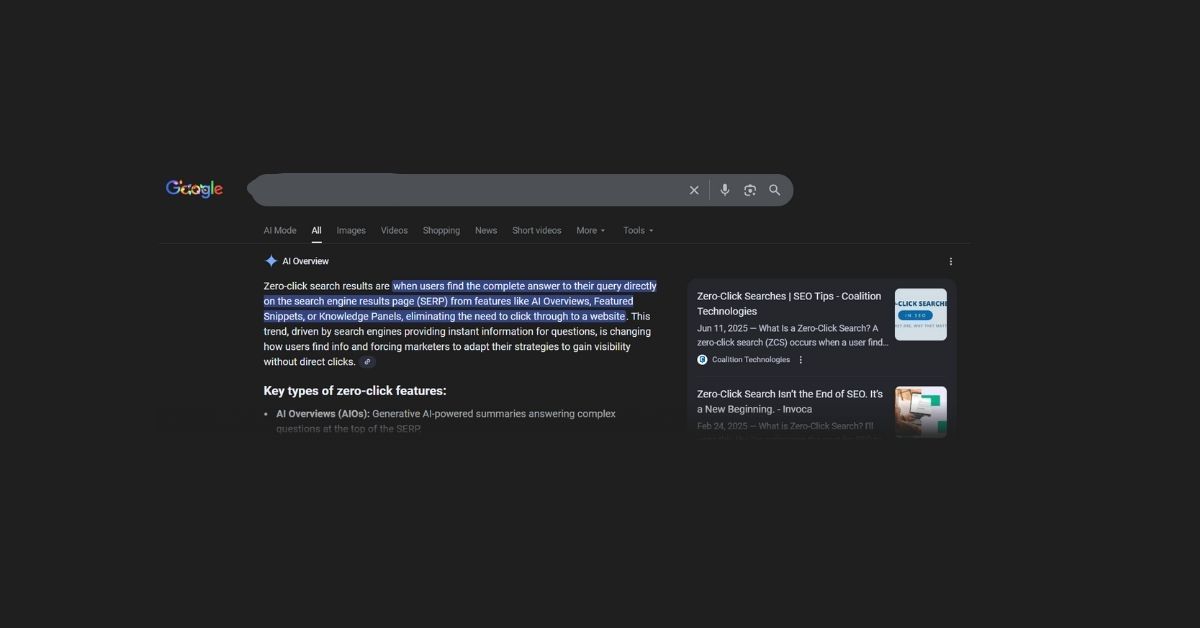Benefits of Targeting Low-Volume Keywords

Keyword research is the first step to creating an SEO campaign. Keywords can make or break your campaign. The right keywords make it easy for Google to understand what your content is about and can help you climb to the top of Google search results.
Keywords can be broadly classified into two categories on the basis of search volume-high volume keywords and low volume keywords. A high-volume keyword has a large search volume. In other words, many people are using it on Google and other search engines. A low search volume keyword, on the other hand, is a keyword that isn’t searched for as much as other keywords.
Many digital marketers focus solely on high-volume keywords because they bring traffic. They stay away from low-volume keywords. This strategy can backfire. Not all low volume low, competition keywords have a poor ROI. When used correctly, low volume keywords can help build interest around a small or new niche and boost rankings. They can also drive conversions.
Here are some compelling reasons to target low-volume keywords.
They are Super Relevant
It’s no secret that relevant keywords drive traffic. Low volume keywords are usually more relevant than their high-volume counterparts. Users who search for a low-volume keyword may find one of your site’s web pages listed in the search results.
Low volume keywords are usually long-tail. They are more specific than more commonly used keywords. Long-tail keywords allow you to create specific content to solve your target audience's pain points. The more relevant your content, the more likely users are to convert.
They Have Strong Commercial Intent
Low volume keywords have strong commercial intent which makes them perfect for ecommerce websites. Keywords with strong commercial intent typically utilize one or more modifiers that convey the desire to make a purchase. Typical examples include “shop”, “purchase”, “buy” and “order”.
High volume keywords, on the other hand, may or may not have strong commercial intent. If you try to add a modifier to a high-volume keyword it may become a low volume keyword.
They are Low Competition Keywords
Because low-volume keywords are associated with very little search traffic, they are low competition keywords, and you can rank for them without much effort.
Low competition keywords give you opportunities to target topics that are highly relevant to your target audience, but your competitors aren’t targeting. Because they are not so much in demand, they are very economical, which makes them perfect for small businesses operating on a tight budget.
You can use Them With Other Keywords
You can target high volume keywords alongside low volume keywords. Many SEO experts recommend targeting one high volume keyword and three to five low volume keywords per page.
Your high-volume keywords can be your primary or main keywords and your low volume keywords can be your secondary keywords. Using high volume and low volume keywords together is a great way to improve website performance.
Allow you to Cover Niche Topics
Websites that cover niche topics at length rank higher for keywords related to those topics. Niche topics include extremely specific keywords. They have a lower search volume than general topics. These specific keywords usually have a smaller target audience. You will connect with them better when you create content, they’re interested in.
Reaches More Voice-Assistant Users
Voice searches are performed using long tail keywords. Targeting low volume keywords increases your chances of reaching voice-assistant users.
Tips to Identify Low Search Volume Keywords
➢ Visit sites that have user-generated content and social communities to find untapped keywords
➢ Use social media sites such as Facebook, Pinterest and LinkedIn to uncover low volume keyword ideas
➢ Pull keyword ideas from YouTube
WSI Biggs Digital is a leading digital marketing agency serving Atlanta. We offer top-notch SEO services in Atlanta. We have extensive experience crafting customized digital marketing strategies for our clients. To make an appointment with one of our digital marketing experts, call (404) 682-2991.
KELLY BIGGS
About the Author
Kelly is a Marketing Executive and Principal Consultant at WSI. Kelly has over 20 years of sale and marketing experience. She works with client to employ powerful digital marketing strategies and often writes about SEO, website optimization, and social media.
The Best Digital Marketing Insight and Advice
Subscribe Blog
For information on our privacy practices and commitment to protecting your privacy, check out our Privacy Policy and Cookie Policy.
Don't stop the learning now!








